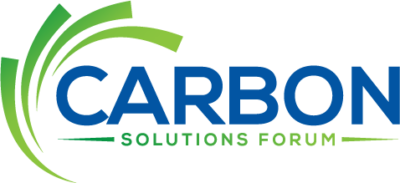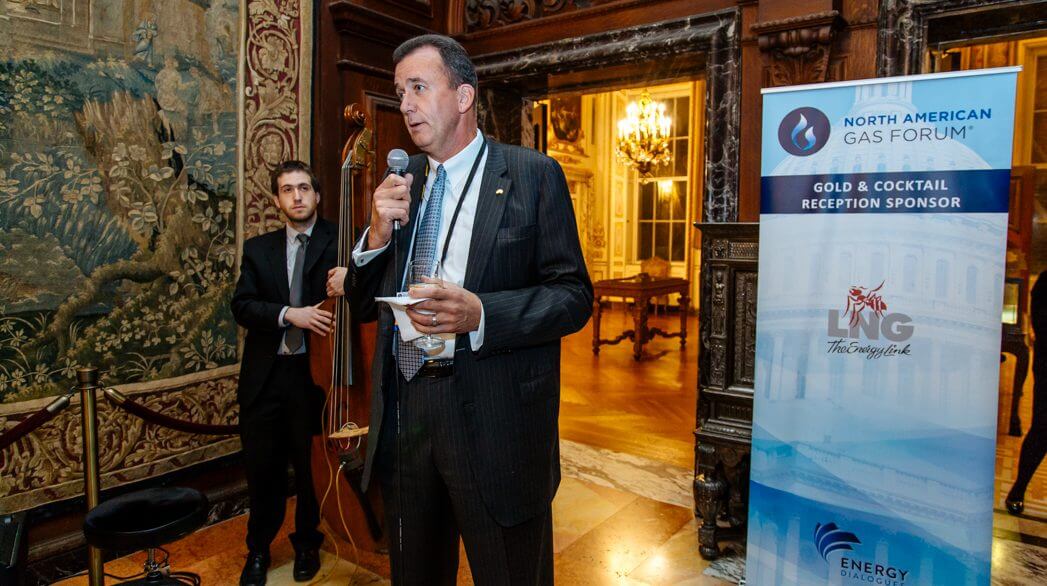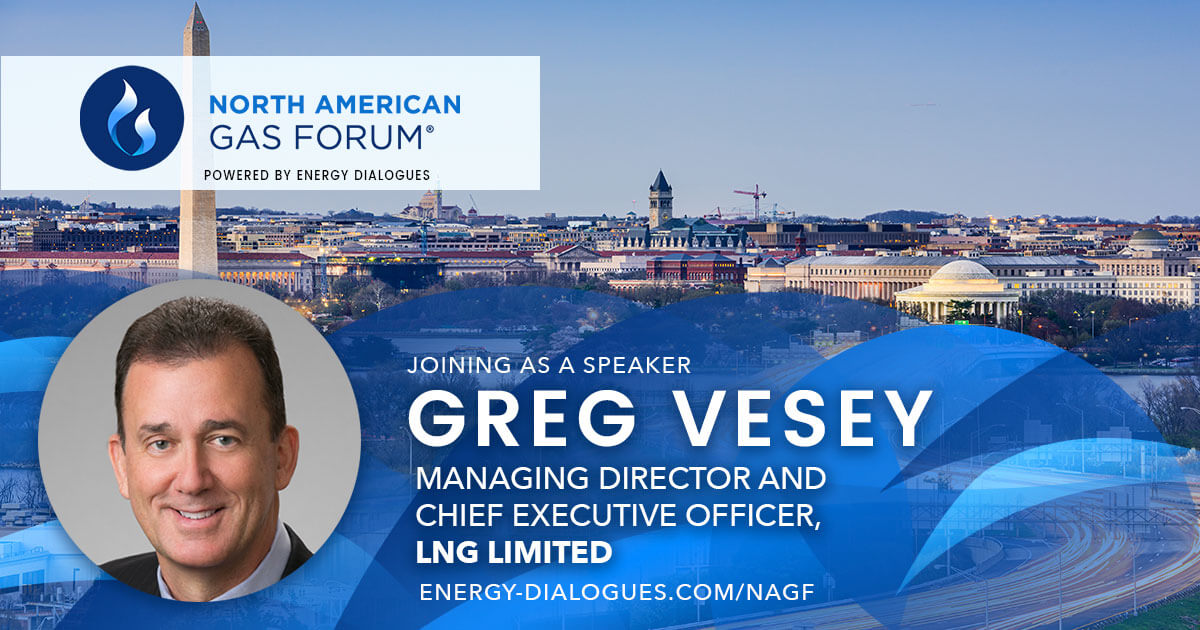Energy Dialogues Interviews Greg Vesey, Managing Director and Chief Executive Officer at LNG Limited
This October, key leaders across the energy industry will gather at the North American Gas Forum to exchange ideas, discuss emerging challenges, and engage in predictions about future trends. An anticipated speaker at this year’s NAGF, Greg Vesey, Managing Director and Chief Executive Officer at LNG Limited, will be discussing LNG exports.
We are pleased to share our recent conversation with Greg, covering LNG supply and demand, shifts in the energy industry, challenges the industry is facing, and more.
ED: Having recently announced the decision to re-domicile the company in Houston as well as getting listed on the Nasdaq stock exchange, it has been an eventful month for LNG Limited. What triggered the decision to re-domicile in the U.S.? How will this decision and the Nasdaq listing impact the company?
GV: The decision to re-domicile in the U.S. was made for many reasons, all of which the company believes will positively impact LNG Limited including our customers and shareholders. These reasons include:
- Aligning with LNGL’s current North American LNG project development and operational management focus;
- Attracting and increasing awareness of LNGL with North American investors who are familiar with the LNG industry and have significant capital to deploy to such assets;
- Improving valuation in the same market as LNGL’s peers, all of which are U.S. listed LNG companies;
- Increasing the attractiveness of LNGL to potential future business partners;
- Enabling demand from investors who are not able to invest in equities listed outside of the U.S.; and
- Retaining and attracting outstanding talent.
We believe a U.S. re-domiciling is in the Company’s best interest, benefiting LNGL and its shareholders and customers by properly positioning and valuing the Company for future success.
ED: We have seen efforts to boost production capacity at Magnolia LNG take a step forward by updating the EPC contract with KBR-SK E&C. This sheds some light on LNG Limited’s outlook on supply and demand, which is one of the topics that will be covered at this year’s NAGF during the LNG exports panel (where you will be joining us). In your opinion, what does supply and demand look like in 2020 and beyond? In your opinion, how will US supply impact global markets and supply-demand dynamics?
GV: Overall, the long-predicted but delayed LNG market over-supply has finally materialized, temporarily softening global LNG spot pricing. While there is expectation these current market conditions are transitory, we must be cautious that this supply overhang could be around for some months yet.
Looking past 2020, we continue to believe that demand will overtake supply in the 2023 timeframe. LNG as a product has positively impacted the countries that import it, and that is being noticed by potential importing countries that aren’t yet in the market. Projected demand and future growth for LNG is strong, and it will be exciting to see it happen.
It’s important to note that long-term LNG contracts based on stable U.S. Henry Hub pricing remain attractive to customers across the globe. Also, for geopolitical reasons, other countries want to do business with the U.S., which is on the precipice of becoming the largest exporter of LNG to the world. While there are obstacles that could impact growth, if U.S. LNG facilities and developing projects can compete on an even playing field without unneeded external influences, they will be very difficult to beat.
ED: As a regular sponsor of the North American Gas Forum, what are some of the greatest shifts you’ve seen in the energy industry over the past 5-10 years? How has the dialogue evolved?
GV: The greatest shift has been the tremendous opportunity the U.S. has with its natural gas resource. Ten years ago, the first wave of LNG was just being discussed and now we are amid a second wave with more on the way. We are doing a better job of being our own advocates and the dialogue at the forum has helped advance this notion. In concert with this supply growth, the Henry Hub price is now viewed as one of the most stable, transparent and accurate price markers for natural gas, and customers are comforted by the large, stable resource and this low-volatility pricing. They like the rational pricing basis Henry Hub represents.
ED: In your opinion, what are some of the main challenges the LNG industry is facing? How can these challenges be overcome?
GV: The biggest challenge in the industry relates to unneeded or unforeseen external influences that are keeping the U.S. LNG industry from being the global powerhouse it can be. These influences include ongoing trade disputes, particularly with China. Another external influence is the significant competition the U.S. LNG industry faces from the likes of Russia, Qatar and other global producers eager to capture market share. While some of these areas of the world are less stable than the U.S., they are well-funded and have their own geopolitical reasons for wanting to expand their LNG base. It will be interesting to see how this plays out.
ED: What are you most looking forward to at this year’s North American Gas Forum?
GV: As I do every year, the tremendous networking opportunity, coupled with the presentations, provides a great opportunity to catch up on the latest intel from all sectors of the market – customers, EPC firms, government, educators and consultants.
_____
Energy Dialogues proudly presents the 2019 North American Gas Forum, taking place in Washington D.C. this October. Featuring a cutting edge program, fabulous speaker line-up, and premium networking opportunities, NAGF is the ideal platform to share unbiased perspectives and drive solutions to the multidimensional complex that is energy. Join Greg Vesey and other prominent energy front-runners for panel discussions, round tables, networking opportunities, and commercial benefits.







